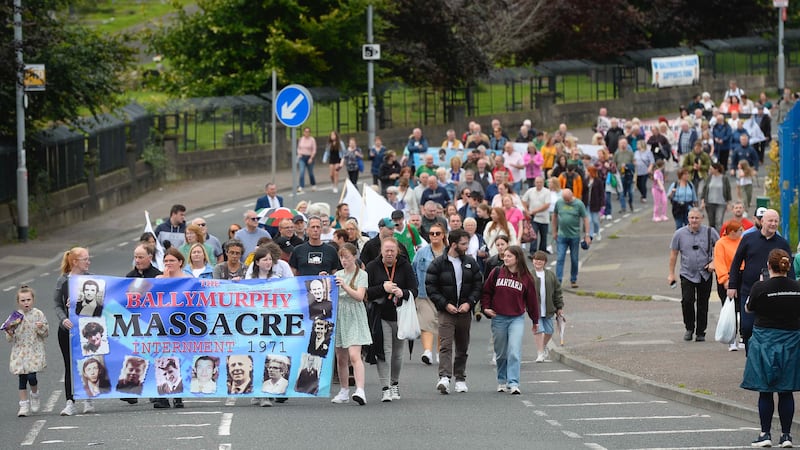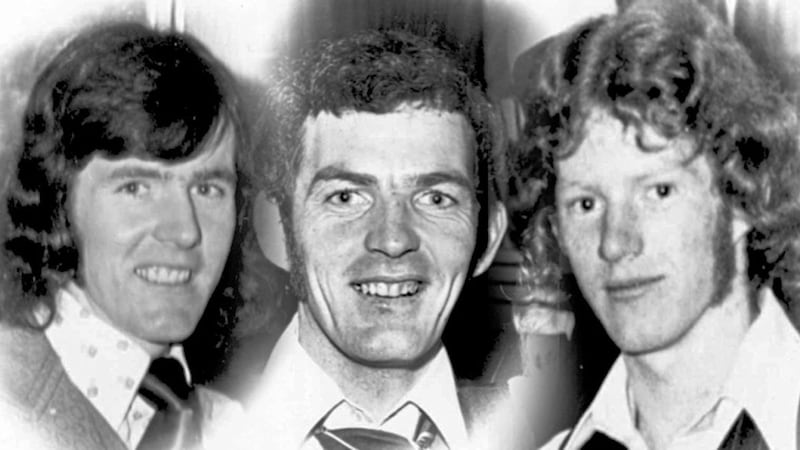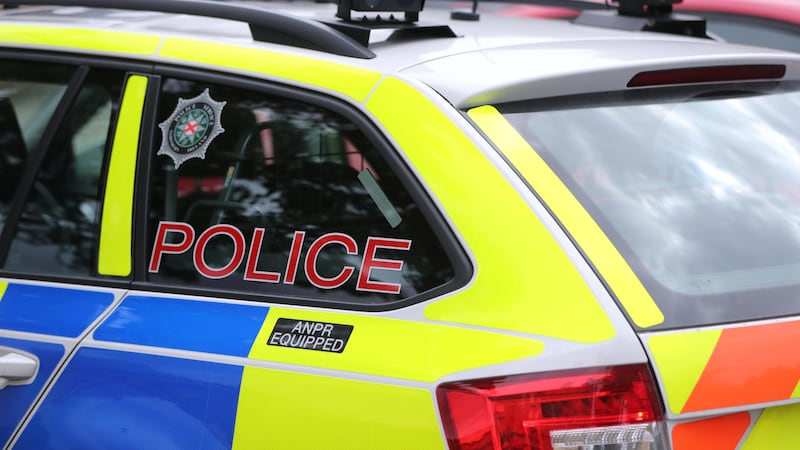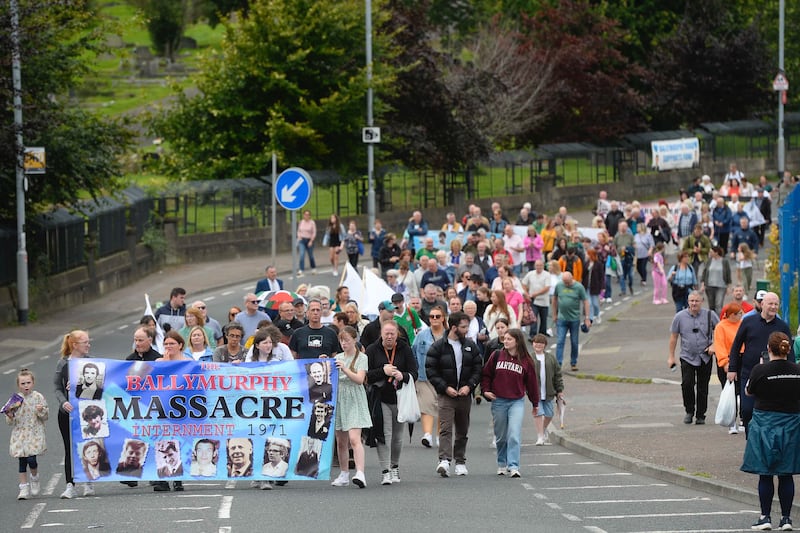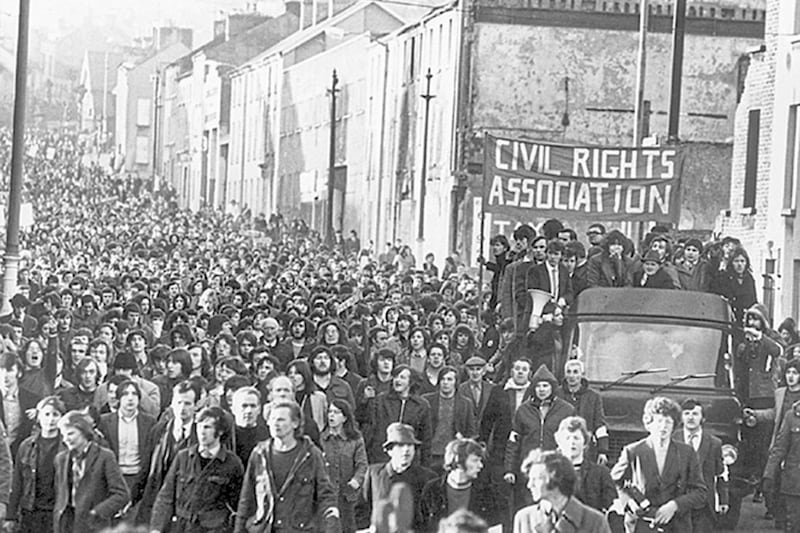Families of those shot dead in the 1971 Ballymurphy massacre marched for a final time on the anniversary of the mass killing by the British Army.
Relatives were joined by friends and neighbours for the walk along Whiterock Road, in west Belfast, with organisers saying it will be the last march.
People gathered in Springfield Park prior to the walk along the road early on Sunday afternoon to remember the 10 shot dead over the course of three days. They braved a number of downpours during the march.
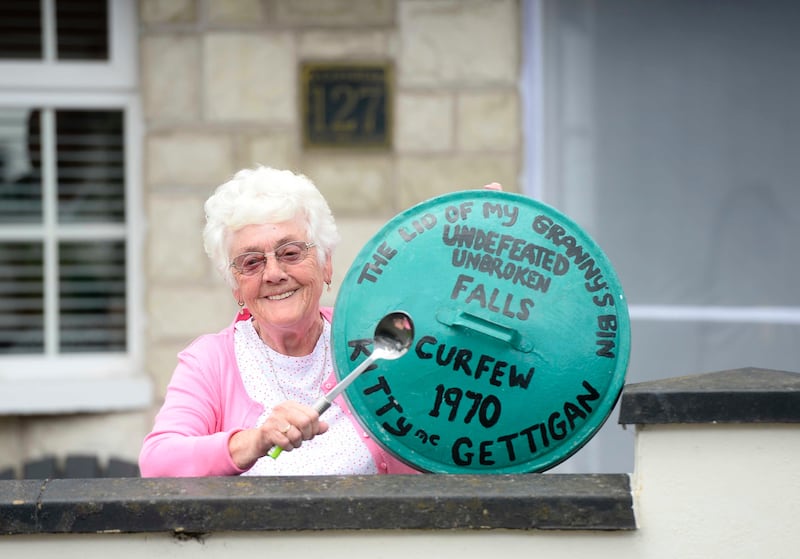
A decades-long campaign for the truth of what happened between August 9 and 11, 1971, led to an inquest and the settlement of legal action against the UK government in connection with nine of the dead.
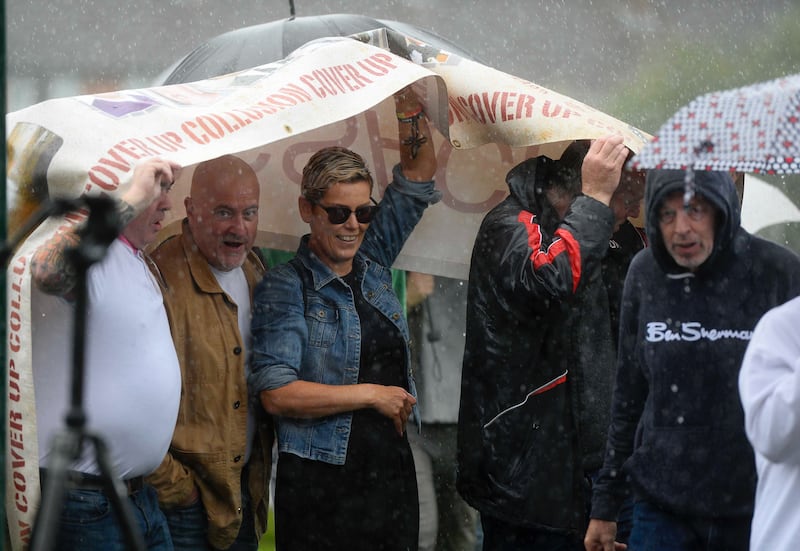
The 2021 inquest found the 10 were entirely innocent, unarmed civilians who were no threat to the soldiers who killed them across various sections of Ballymurphy. It was found nine were shot dead by the army but it could not be established who killed the 10th, John McKerr.
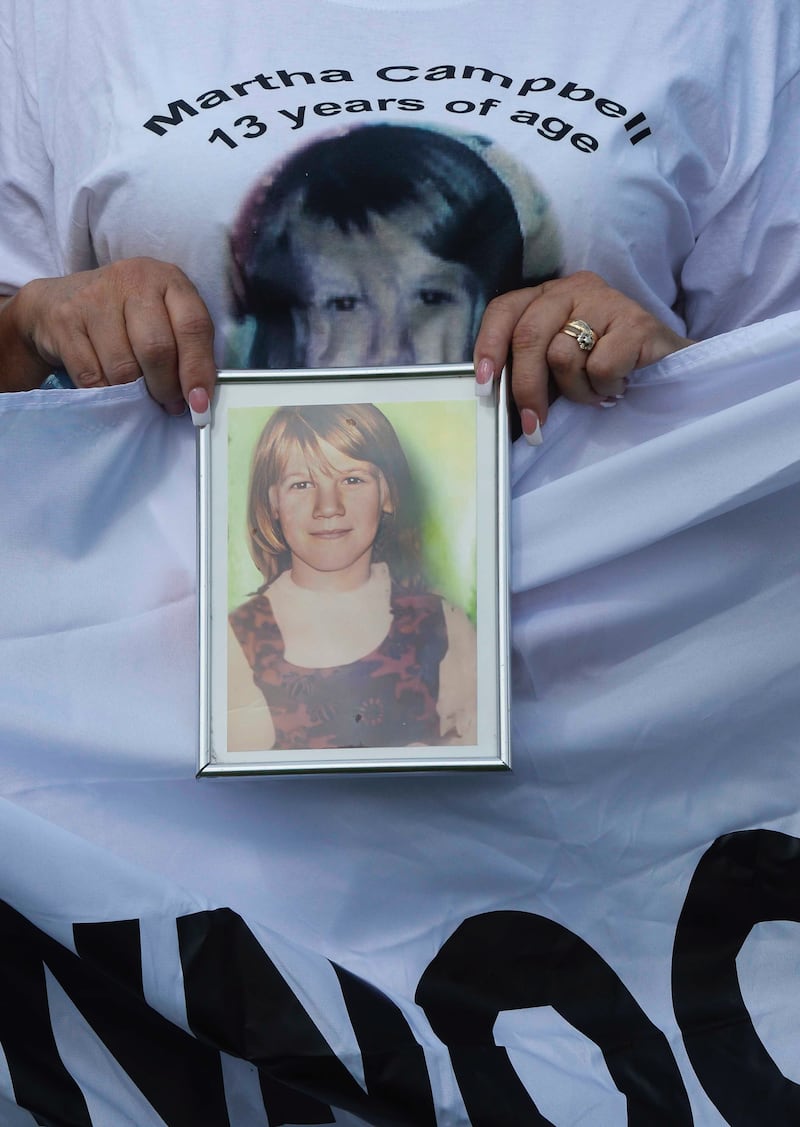
Relatives of the nine received "significant damages" after settling a legal action against the Ministry of Defence (MoD). The settlement was announced just ahead of the trial starting last year.
They had accused the MoD and the chief constable of the PSNI of negligence and misfeasance in public office. The action against the PSNI was dropped.
The victims included John McKerr, Frank Quinn, Noel Phillips, Daniel Teggart, Edward Doherty, Joseph Corr, John Laverty and Joseph Murphy, Joan Connolly, a mother of eight, and Fr Hugh Mullan, who was shot dead as he read the last rites to a dying man.
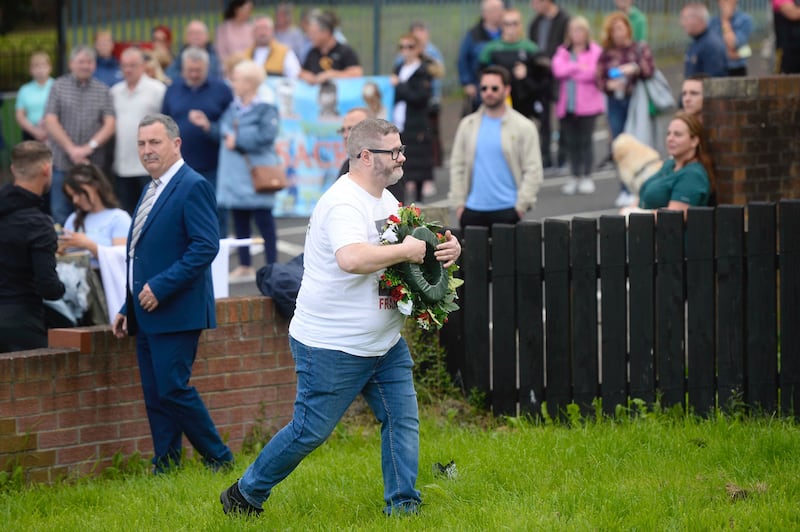
The shootings happened amid widespread disturbances sparked by the British Army's first internment operation.
![Campaigner John Teggart [ right] Picture Mark by Marlow](https://www.irishnews.com/resizer/v2/JFUGDRRKXNLQ7HQ4CQMIPVJPA4.jpg?auth=9f7fba6d85d4ce410d0b0f4c829a8ad56e965fcf4ccfaaf307b2fbd8473ad161&width=800&height=588)
Pádraig Ó Muirigh, a solicitor who represented eight of the nine families, told reporters at the time that the amount was significant and the settlement brings “some small degree of comfort” for the grief and trauma.
Relatives of those killed are involved in the campaign against the UK's legacy bill that would stop all inquests and other actions being taken by those killed during the conflict.
